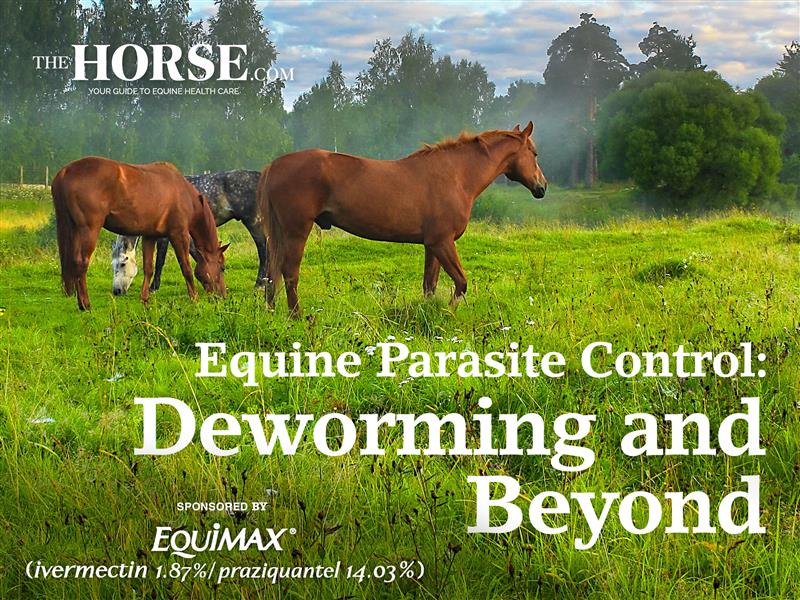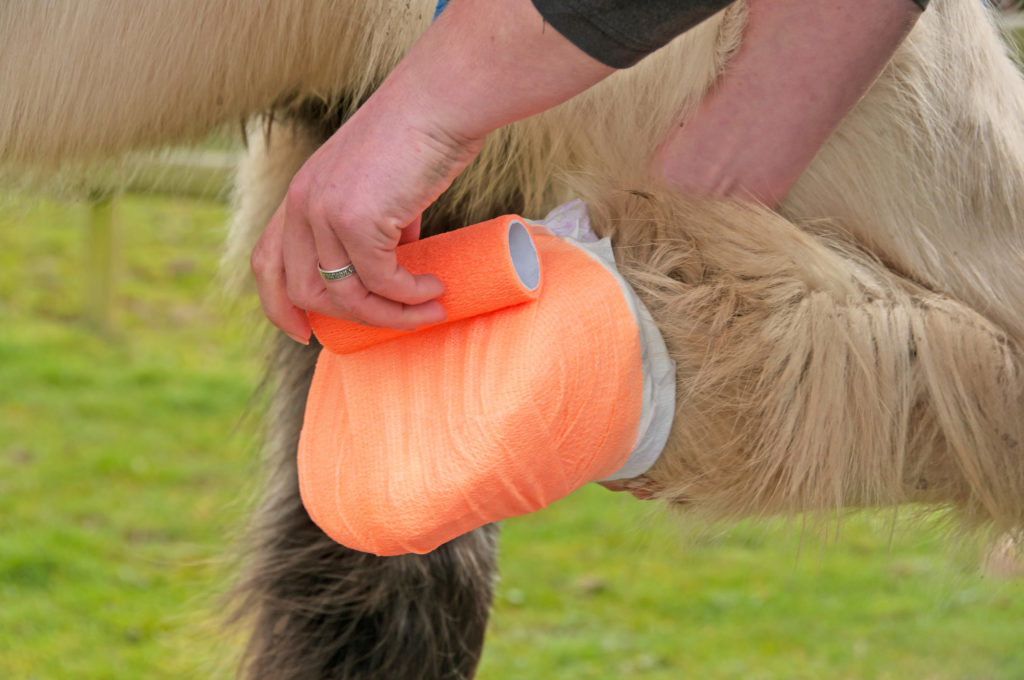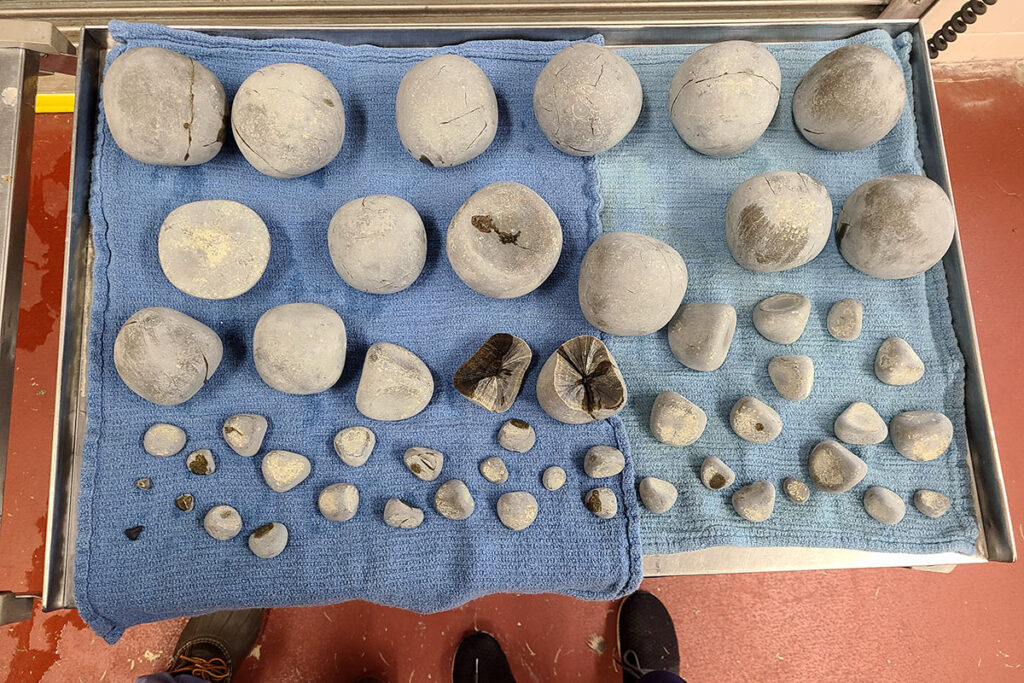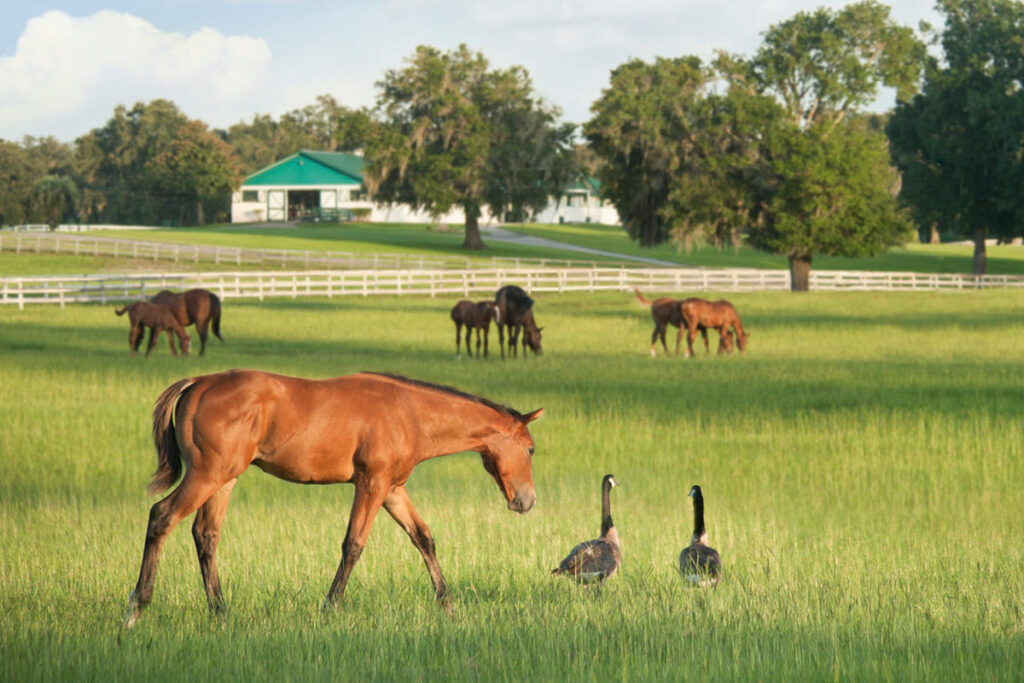
Advances in Equine Infectious Disease Detection
The diagnostic tests veterinarians use are evolving to improve how we manage infectious diseases in horses.

The diagnostic tests veterinarians use are evolving to improve how we manage infectious diseases in horses.

Learn how equine veterinary clinics institute strict biosecurity measures to contain, prevent, and control disease outbreaks.

Discover a better way to manage stallions to help meet their social needs and improve welfare.

What scientists are learning about equine parasite resistance to dewormers and how to curb it. Sponsored by Bimeda.

Scientists believe feeding horses a high-protein meal shortly after exercise could improve muscle health and growth; however, more research is needed.

Expanding tick ranges and emerging pathogens are increasing the risk of tick-borne diseases in horses. Learn what researchers and vets say about protecting your horse.

Nutritional evaluations take the guesswork out of whether your horse is consuming a balanced diet.

Read about how Mindful, a 21-year-old Hanoverian gelding, stayed competitive at the highest levels in The Horse‘s Older Horse 2025 issue.

Joint injections can be complicated by a horse’s age, purpose, and health. Here’s how veterinarians approach various scenarios.

Evaluate how supplements can fit into a complete equine management program.

Resolving hoof wounds requires working closely with your veterinarian to manage lesions until they heal. Learn about 4 common wounds and how vets treat them.

Our sources share updates from the equine world to help you understand this exciting yet complex field of regenerative medicine.

Learn about the biologic, or regenerative, therapies that have altered the way many equine veterinarians treat problematic joints.

What are enteroliths and what happens if your horse has one (or several)?

Learn what nutrients are in your senior horse’s feed and why his body needs them.

Here’s what scientists know about avian influenza and how it might affect horses.
Stay on top of the most recent Horse Health news with
"*" indicates required fields